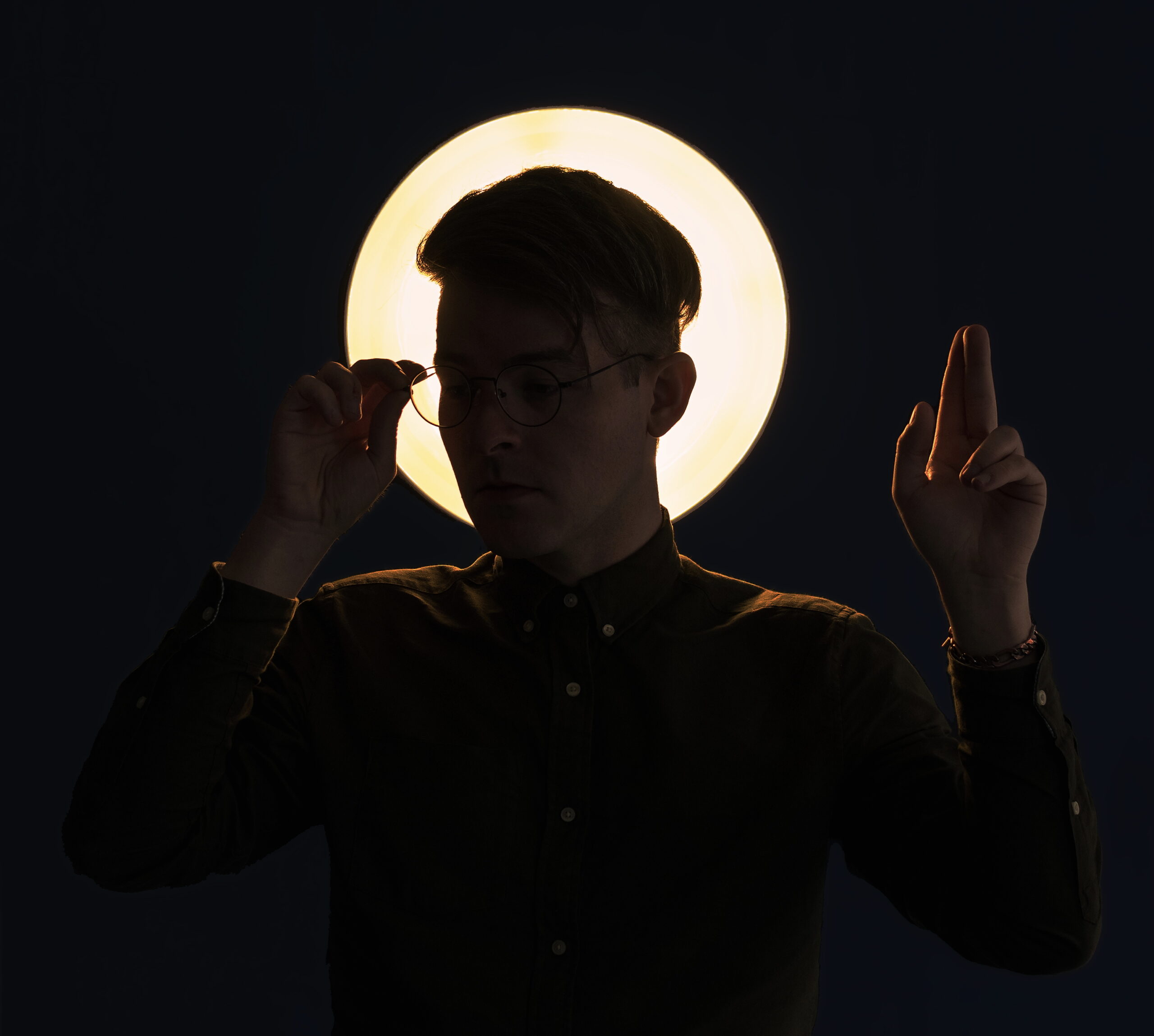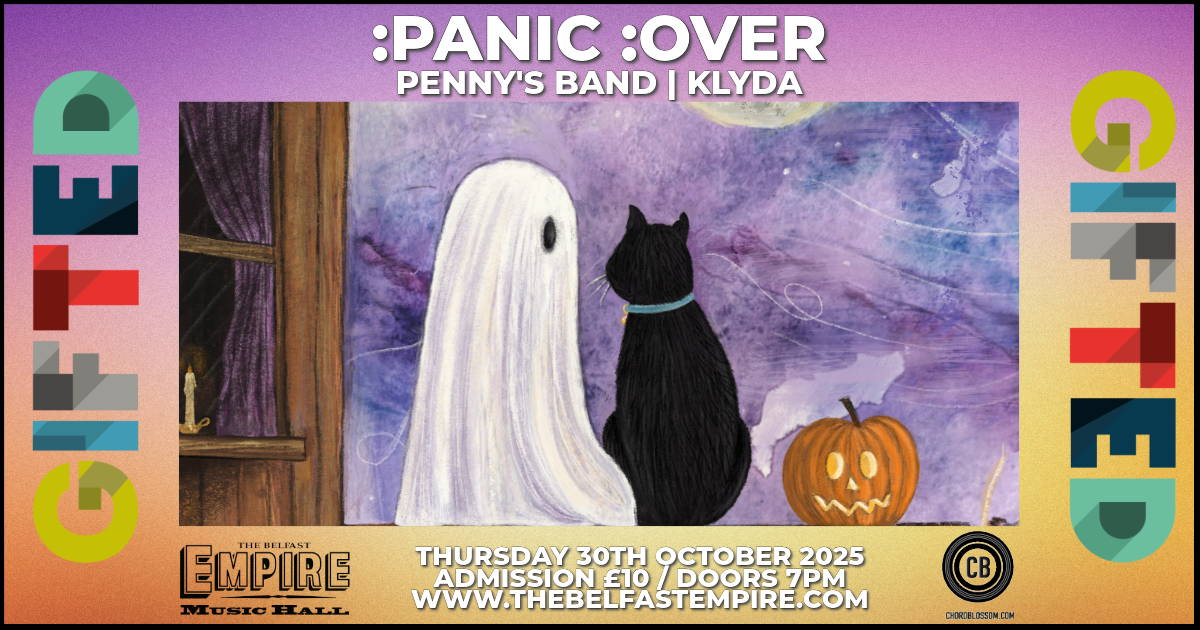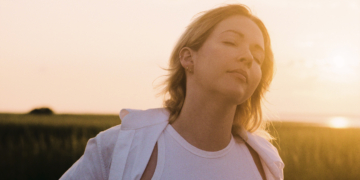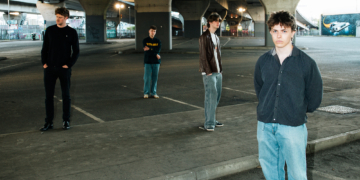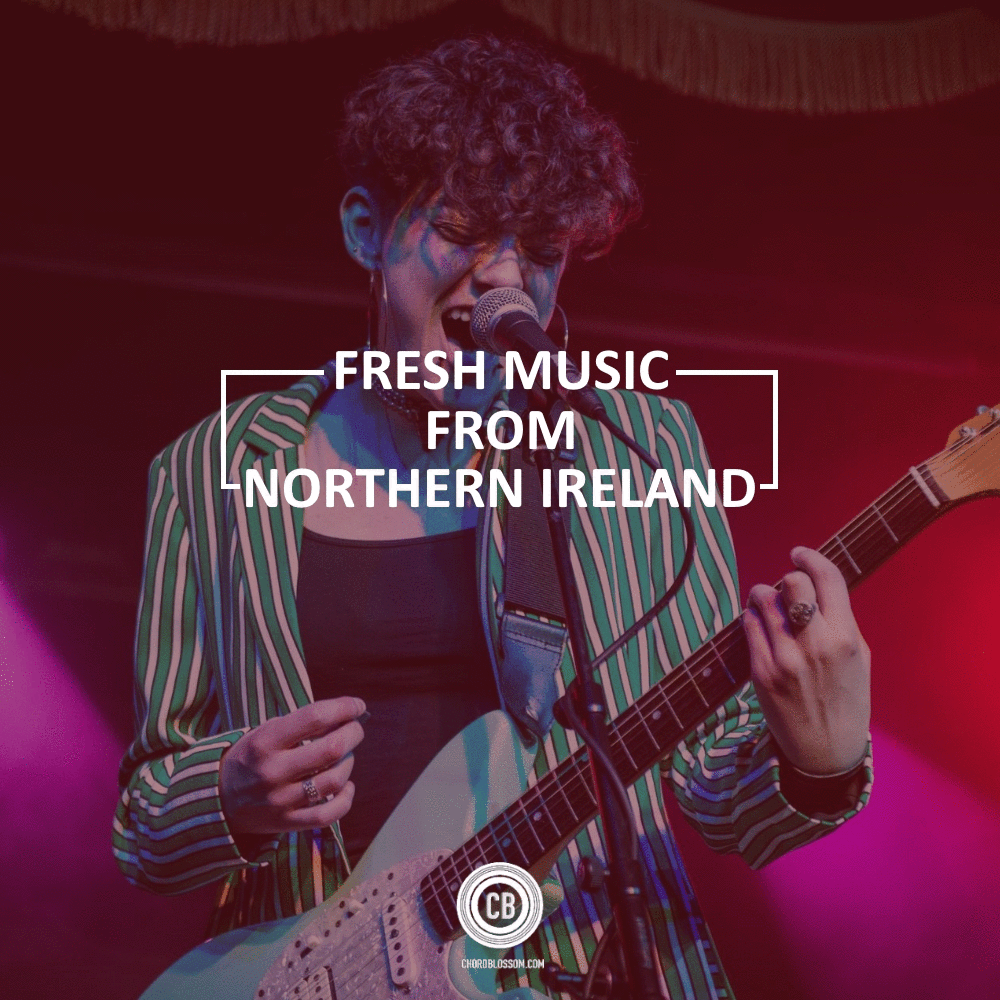SORBET exists as a palate cleanser for Chris Ryan, known best for Robocobra Quartet, one of Ireland’s most interesting acts and a reputation as one of Ireland’s most talented producers. But this is no quick solo project or side hustle, instead with last year’s Life Variations EP and the build up to a first album, Chris Ryan’s SORBET has quickly proven its scope and appeal, incorporating diverse influences. SORBET has also introduced collaborations, with his latest two singles utilising the vocal talents of Maija Sofia and Arborist. The latter appears on ‘Only for the Young’, another beautifully textured piece that rings deep and true, reflecting on the state of the world left to the young.
We asked Chris Ryan to select some of the inspirations behind SORBET and the upcoming album This Was Paradise. True to form, here are his ‘classical gateway drugs’.
Playlist:
I like the idea of listening to classical music with no more or less reverence than you would give a Black Flag record or a Lana Del Rey single. That fluidity influenced my new SORBET record This Was Paradise (out June 4th) and hopefully the following will help you feel the same way.
Philip Glass – Einstein on the Beach (Knee 5)
Einstein On The Beach always evokes really strong feelings of time passing musically (and literally in the lyrics of this final movement of the opera). Einstein On The Beach is Philip Glass’ first opera and supposedly he was making it up a bit as he went along, which was pretty inspiring to hear because that sentiment is what initially drew me to punk rock as a teenager too. The numbers being sung were initially placeholders for the dance choreography but it felt poignant to be singing about mathematics so they kept it.
Richard Strauss – Four Last Songs (Im Abendrot)
Premiered a year after his death, this piece has an amazing blend of sorrow and glory. I might try to write Five Last Songs when I’m on my deathbed to try to outdo the man himself…
Igor Stravinsky – The Rite of Spring (Spring Rounds)
A classic oldie but a goodie. The famous tale is that the 1913 premiere caused a riot. There’s so much cross-pollination of this piece of music across genre lines to this day (my band Robocobra Quartet used to ‘cover’ it circa 2015 thinking it was a unique idea until we found just how often it had been done before us).
Nico Muhly – Drones, Variations, Ornaments
This modern piece feels quite a lot in style like an electronic composition to me as opposed to a classical composition for acoustic instruments. Some amazing moments throughout (and recorded by Dublin’s own Crash Ensemble).
Julius Eastman – Gay Guerrilla
Another NYC minimalist composer up there with Philip Glass who however didn’t end up in the music textbooks likely owing to the fact that he was a gay black man rather than any fault to his works. This piece has seen a lot of resurgence recently and I also was completely unaware of him until a friend shared this tune with me.
Olivier Messiaen – Quartet For The End Of Time (V)
Written in a prisoner of war camp Stalag VIII-A and premiered there in 1941, it’s made up of an instrumentation based on the musicians that happened to also be imprisoned by the Germans in the same camp at that time – violin, clarinet, cello and piano.
Charles Ives – The Unanswered Question
A perfect lesson for me of how powerful titling can be. The score for The Unanswered Question actually has two sections of the ensemble reading from different non-aligned sections of the sheet music, the result being that the melodies collide by happenstance rather than through the composer’s intention – a beautiful metaphor for the universe!

